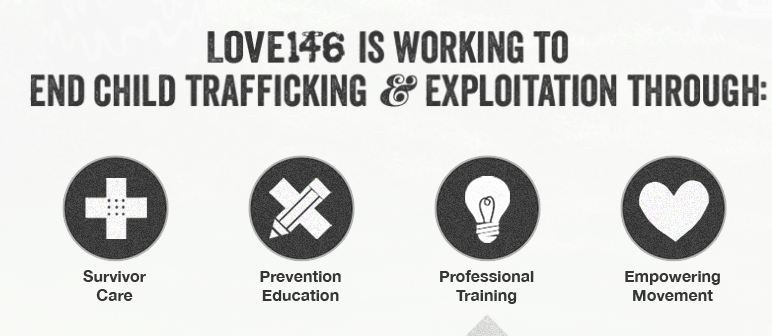 This post is part of a series by my students at Mississippi Governor’s School. As a final project, they were challenged with creating an idea that could be used on a massive scale to help others live the good life.
This post is part of a series by my students at Mississippi Governor’s School. As a final project, they were challenged with creating an idea that could be used on a massive scale to help others live the good life.
I’m not going to start this by asking, “What is a chair?” You’re welcome.
In the first week of the Mississippi Governor’s School Philosophy course, I was learning a lot, but applying little. I knew about the different kinds of philosophy, I knew about Socrates and Plato and Aristotle. I had been asked abstract questions that I honestly didn’t know the answer to, and I loved every minute of it.
Little did I know I was only skimming the surface. During the second week, JJ opened my eyes with two related situations. He began with one situation. You’ve just got a brand new pair of $100 shoes. You are walking by a pond when you see a little boy drowning. No one else is around. What do you do? Everyone in the class said they would immediately save the boy without question, including me. Then he continued. Your parents are really proud of your actions towards the boy and give you $100 to replace your shoes or do anything you please with it. You also get a letter in the mail asking you to send $100 to save a boy in Africa. What do you do? Most of us said we’d keep the money for ourselves, including me. In the end, we were asked why. Why would we save a drowning boy in a pond but not a suffering child in Africa? Every justification I could think of had an equally good response. I want to make sure the money goes to the right place! Isn’t that what Charity Navigator is for? Someone else will save the African boy! No one else in the class would have.
With this I realized I was in the wrong. I don’t want to sit on the sidelines while people around the world suffer. I’ve always supported movements vocally or financially, but never by action. I don’t want to just spread awareness; I want to actually make a change.
Human Trafficking Rescue and Prevention has always been a cause close to my heart. The idea of people being forced into labor or sexual exploitation continues to pull on my heart. About four years ago I found a non-profit called Love146, an organization specifically aimed towards after-care for children who are victims of trafficking as well as prevention education around the world. Love146 has a survivor care facility called the Round Home in the Philippines where child victims are cared for and reintegrated into society. As a sixteen-year-old girl in America, what can I do to help these victims? Realistically, I can’t travel to the Philippines and work with these kids. (Not actually allowed by Love146.) Instead I want to help prevent more people from being added to the 27 million around the world through prevention education. Although Love146 teaches classes about prevention nation-wide, I’d like to focus on awareness and prevention in at the entertainment level. I’d like to organize events aimed towards teaching young people about human trafficking and how to avoid the sex trade through specific interests like music, art, and sports. Instead of just raising money for human trafficking organizations, I want to teach the people of my generation how to recognize people in trafficking situations and how to prevent themselves as well as others from ending up involved.
Right now I might not be able to directly save victims around the world, but through education prevention I can save future victims from the same crime. Without the things I’ve learned through my philosophy class I’d never be questioning my decisions as much as I do now, specifically with how I use my voice as a young adult in a world of problems waiting to be solved.